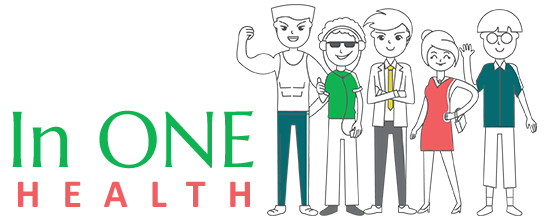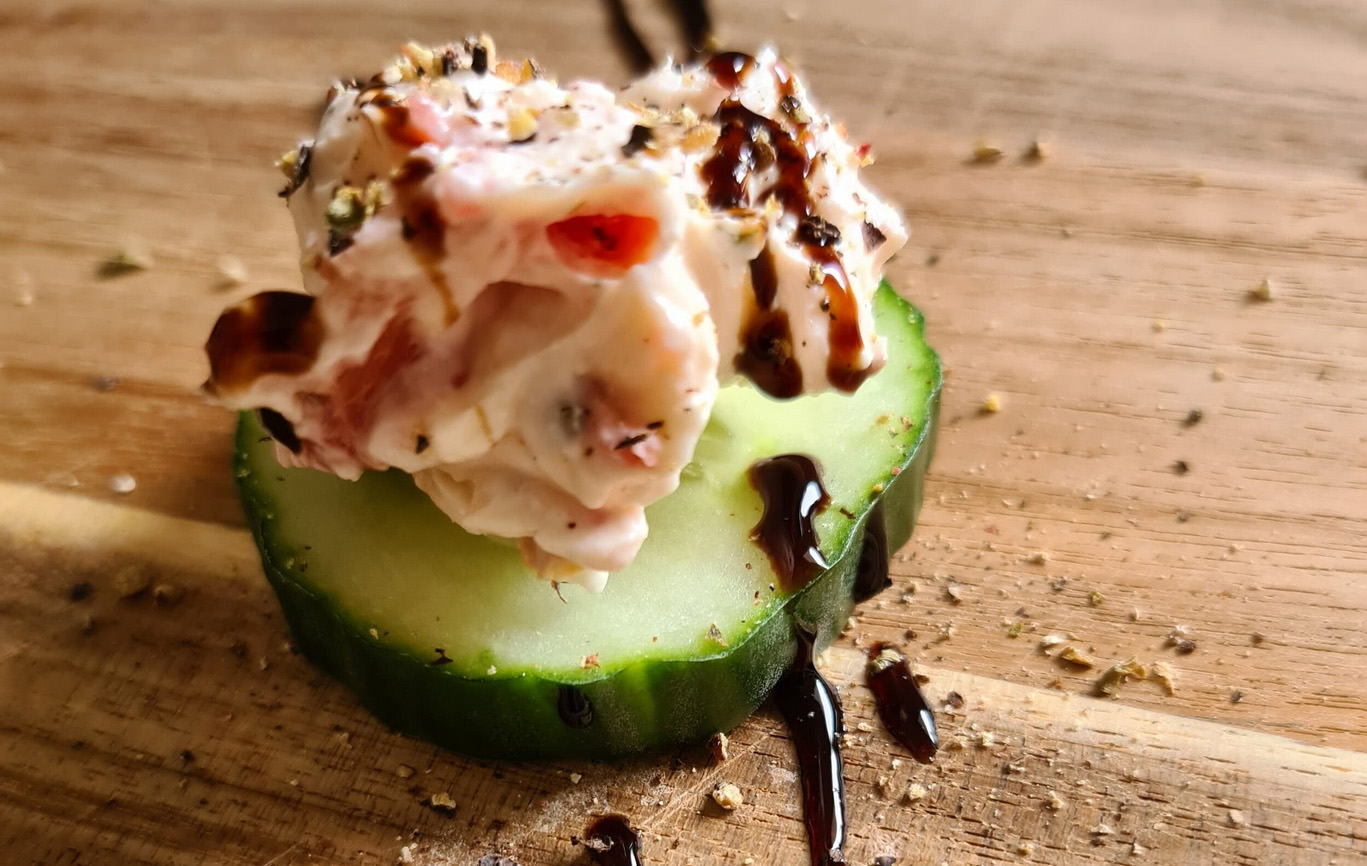Vegan Diets: The Dietitians Tips
The number of individuals choosing vegan diets is increasing and although a well-planned vegan diet can be suitable for all stages of life, if nutrient intake is not considered, you can have detrimental health-impacts.
Eating a balanced plant-based diet includes a variety of whole grains, pulses (beans and lentils), vegetables, fruits, nuts and seeds which are naturally high in fibre and low in saturated fat. One of the biggest concerns with following a plant-based diet is the intake of nutrients that are abundant in animal-based products, such as, protein, iron, vitamin B12, calcium, zinc, iodine and essential fats like omega 3.
Protein
Protein is a major macronutrient in our diet and a key building block for our body to function. A balanced diet for a healthy individual should include a protein intake that equates to around 15-25% of your total energy intake, depending on your dietary needs. It is important to note that there are many components (called amino acids) that make up protein and are essential for your health. The only source of food that contains all the essential amino acids is meat, therefore when following a plant-based diet, variety is essential. Consume an array of beans, pulses, tofu, tempeh, nuts and wholegrains in order to consume adequate protein. Many meat-alternatives use these plant-based proteins and can be a way of ensuring adequate protein intake but be sure to read the food label.
Iron
Iron is required for healthy blood, muscle movements and energy levels. Iron is most abundant in meat and poultry, where it is in a form that our bodies absorb readily (heam iron). Plant-based foods containing iron is in a form that our bodies cannot readily absorb (non-heam iron). There are dietary strategies that can improve the absorption of non-heam iron such as partnering iron-containing foods with vitamin-c and acidic containing foods. There are also foods that hinder the absorption of iron in our body such as calcium, tannins, phenols (found in chocolate, tea and coffee) and phytates (phytic acid, found in grains, bread and pasta). This means that when following a plant-based diet you need to pay particular attention to iron containing foods and when to consume them to improve the iron absorption. Legumes (lentils, beans and chickpeas), firm tofu, tempeh, and certain vegetables (kale, spinach, broccoli and green peas) are all plant-based sources of Iron. Consume these along with orange juice, kiwi fruit or lemon to increase the iron absorption.
Vitamin B12
Vitamin B12 helps blood form and allows the brain and nervous system to function properly. A shortage of Vitamin B12 can cause anaemia and neurological damage. Vitamin B12 is synthesised by micro-organisms such as bacteria and therefore abundant in animal-derived foods such as meat, dairy and eggs. There are some foods fortified with Vitamin B12 such as cereals, soy milks and meat alternatives however obtaining sufficient Vitamin B12 through fortified products is very difficult. For those following a vegan diet, it is often necessary to take a Vitamin B12 supplement in order to meet daily recommendations.
Calcium
Calcium is needed for healthy bones and teeth as well as bodily functions such as muscle contraction, blood clotting and nerve transmission. Dairy products such as milk and yoghurt are the primary source of calcium. It is important to note that Vitamin D, contained through synthesis of sunlight and intake of eggs, is essential in the absorption of Calcium. Therefore, Vitamin D deficiency can lead to calcium deficiency even when consuming adequate intakes of calcium. You can consume adequate amounts of calcium when following a plant-based diet by choosing calcium-fortified dairy-alternatives (120mg calcium per 100mL) as well as foods containing calcium such as kale, bok choy, cabbage, almonds, beans, chickpeas and tahini.
Omega-3 Fat
Although some fats such as saturated fats are detrimental to our health in large quantities, other fats such as polyunsaturated fats are required for good health. One source of polyunsaturated fat that is necessary for brain, eye and immunity health is Omega-3 fats. Omega-3 is abundant in oily fish and marine algae. Plant-based options of Omega-3 include chia seeds, walnuts, crushed or milled flax seeds and cold-pressed rapeseed oil. Some vegans may require supplementation of Omega-3 in order to meet daily recommendations for health benefits.
Iodine
Iodine is essential for thyroid hormones and the regulation of your digestive system. Marine foods, such as fish and shell fish are the main source of iodine in foods, however, in Australia many products are fortified with iodine. This means that you can reach recommendations by incorporating these products into your diet, such as iodide fortified salt and bread. If you eat a plant-based diet low in packaged foods, you may need to ensure you choose Iodide fortified salt and seaweed in order to meet recommendations.
Zinc
Zinc is important for cell growth, immunity and aiding the healing of wounds. Zinc is abundant in meat, eggs and dairy which is why it needs to be considered when consuming a vegan diet. Zinc is also available in fortified products, along with nuts (peanuts, cashews and almonds), seeds, bean, lentils and chickpeas. A better plant source of zinc is found in peas, beans and lentils that have already sprouted, as our bodies can absorb this zinc easier. The abundance in many plant-based foods means that you can consume adequate zinc through a plant-based diet.
As you can see, careful planning needs to be considered when choosing to follow a vegan diet in order to consume adequate amounts these nutrients. If you are choosing to follow this dietary plan and are unsure if you are consuming adequate intakes, book in and see one of our friendly dietitians at All in One Health.
References:
- Baroni, Luciana et al, ‘Vegan Nutrition for Mothers and Children: Practical Tools for Healthcare Providers’ Nutrients (2018), 11(1).
- McCane and Widdowson, ‘McCane and Widdowson’s composition of foods integrated dataset’, (2019) https://www.gov.uk/government/publications/composition-of-foods-integrated-dataset-cofid
- Mcdougall, Craig and John Mcdougall, ‘Plant-Based Diets Are Not Nutritionally Deficient’ The Permanente journal (2013) 17(4).
- Marsh, K, Munn, E and Baines, S ‘Protein and vegetarian diets’ Medical Journal of Australia (2013), 199(4).
- Stanton, R, ‘A plant-based diet – good for us and for the planet’, Medical Journal of Australia (2013), 199(4).
- Saunders, A, Craig, W, Baines, S and Posen, J, ‘Iron and vegetarian diets’, Medical Journal of Australia (2013), 199(4).
- The Vegetarian Society of the United Kingdom Limited. Parkdale, Altrincham. https://vegsoc.org/
- Vegan Australia, Australia. https://www.veganaustralia.org.au/



